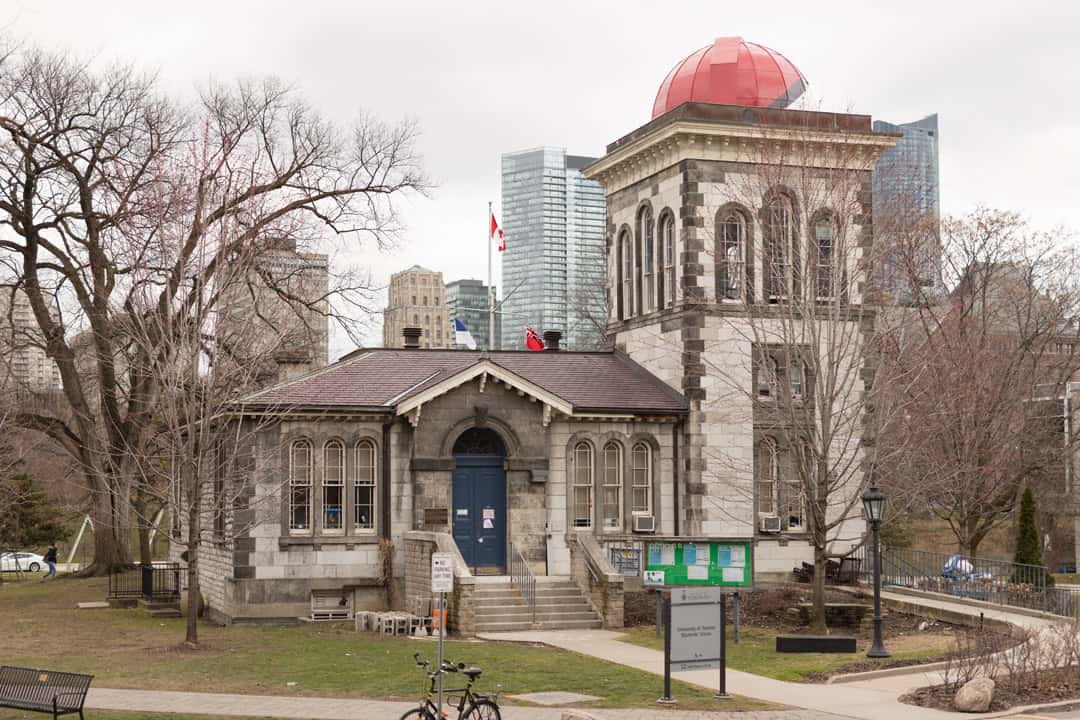After choosing to rescind its signature, the University of Toronto Students’ Union (UTSU) recently decided to re-sign an open letter written by the Muslim Students’ Association (MSA). The open letter denounced the human rights abuses in Palestine and urged the university to take action regarding recent controversies including the Munk One trip to Israel and an allegedly unfair job offer rescission. The Israel-Palestine issue has sparked a debate on whether or not student unions and groups should involve themselves with divisive issues that concern their members and constituents.
I believe that as representatives of both the student body and U of T, student unions and other student groups have a responsibility to speak out when atrocities are being committed around the world. While one could argue that remaining neutral and avoiding taking a specific stance is the ideal response in contentious situations, neutrality is often a stance in itself. Moreover, as Desmond Tutu so eloquently explained, neutrality in instances of evident injustice demonstrates support for the perpetrators.
For student unions and other student groups, avoiding commentary on political regimes can be more harmful than helpful when their constituents are condemning the governments in question. Remaining neutral in order to avoid offending citizens living under a political regime can further conflate the personal identities of their citizens with the regime as a whole, when in fact not all citizens of a country or adherents of a religion will support its governing body. This conflation can encourage unfair generalizations about ethnicities and religions, resulting in increased division.
Some have claimed that the MSA’s open letter encouraged antisemitism, but the purpose of the letter was to criticize the Israeli government — not its citizens and not the general Jewish population. Instead of encouraging a safer campus for all students, this simply alienates Palestinian students and promotes the idea that the Jewish identity is synonymous with support for Israel. This is a generalization that is vehemently opposed by many Jewish people, such as members of the group Independent Jewish Voices.
Concerns over student safety are valid, and ensuring that all students feel safe on campus should be a priority for all student groups. With that being said, student safety does not have to come at the cost of political consciousness. Groups can release statements alongside disclaimers that specify the goal of the statement and emphasize that it should not be used to incite hate against any group of people.
Furthermore, statements should provide resources that inform students how to respond to and report instances of hatred. Acts of hatred should be easy to report and should result in tangible consequences to act as a deterrent. But, as always, hatred can only truly be stopped at its root through education. Pretending that a problem does not exist in order to placate the masses decreases the ability for people to spread factual information; in fact, it increases the opportunity for misconstrued information to spread.
The student voice is powerful; in 1990, U of T students successfully urged the university to fully divest from South African companies in a protest against apartheid. Eventually, U of T realized that neutrality is not an option in the face of global injustices. But this success did not come easily; students were silenced for seven years prior. They held many fruitless demonstrations and wrote articles, only to hear from the president of the governing council that U of T should not “be committed to a particular political cause, no matter how worthy.”
Unfortunately, this struggle is being mirrored today, as the unions and groups we choose to represent us often prefer to remain neutral and avoid controversy.
It goes without saying that responding to contentious political regimes is a complicated process, and it is important that issues of this sort are discussed with enough nuance; nothing is black and white. However, when student unions and groups choose to avoid discussing important topics, it contributes to a culture of misinformation — one that does not belong at the University of Toronto.
Halimah Kasmani is a second-year student majoring in ethics, society & law and sociology at St. Michael’s College.


